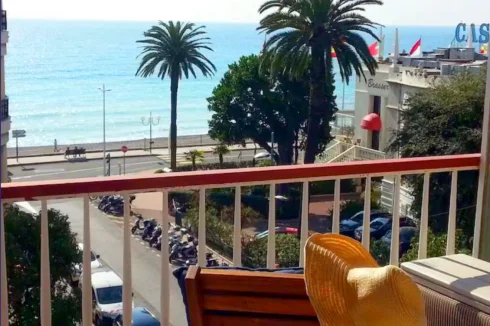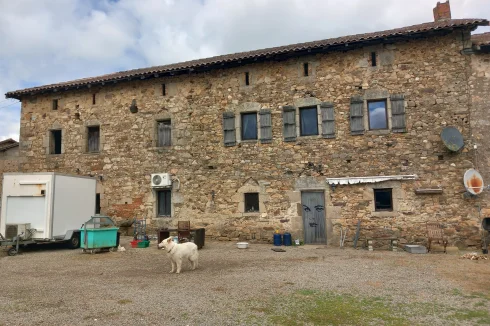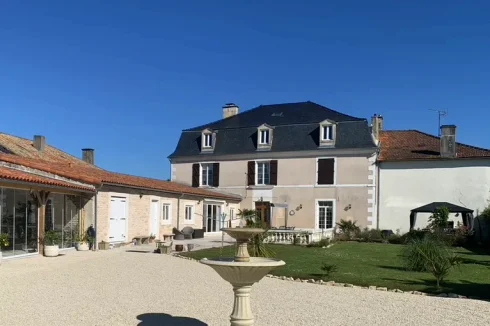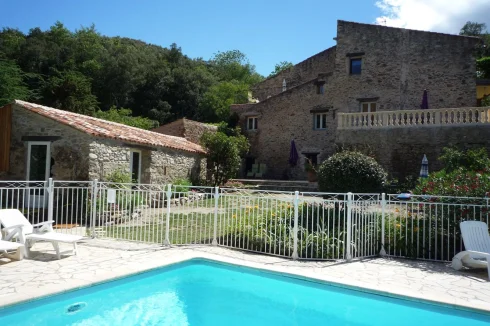Capital Gains Tax Back to the Future
Thursday 04 July 2013
Faced with a sharp fall in housing activity and public revenues, the French government is to ease the capital gains tax burden on the sale of second homes.
Yet more oscillation it seems from the government on the whole issue of capital gains tax on property.
After two years when there have been substantial increases in the tax, the gears are now about to be slammed into reverse.
Although few details of the plan have been released, President Hollande has indicated that he wishes to push ahead with the promise he made in his election campaign to reduce the period for complete exemption from capital gains tax from 30 years to 22 years.
No information is yet available on the commencement date for the measure, but in order that the housing market does not grind to a halt whilst owners wait until it comes into force, it seems that some interim arrangements will be put in place for sale contracts signed from 1st September.
A similar interim 'choc d'offre' was proposed in the 2013 Finance Bill, but was thrown out by the Constitutional Council when the measure found itself wrapped up with a clause on the taxation of building land, which the sages found objectionable.
If President Hollande implements his campaign promise, the new measure will mean that relief against liability to the tax will be at the rate of 5% a year for every year of ownership after two years of ownership, with complete exemption after 22 years.
Capital gains on the sale of property owned for less than two years would be taxed under the income tax system, although this remains undecided.
The interim measure may well provide for a 20% reduction in capital gains tax, although not the social charges, effectively meaning that the reduction in the tax would be 11%.
The proposals do not concern the sale of the principle residence, which continues to be entirely exempt, nor the sale of building land, which is subject to a separate set of rules.
A reduction to 22 years for complete exemption is still less than the 15 years that applied up to 2012, and large gains will continue to be subject to the supplementary charge introduced by the present government at the end of last year.
In addition, both residents and non-residents will continue to be liable for the payment of social charges on the sale, at the rate of 15.5%.
Most commentators are sceptical about the efficacy of the measure to increase activity in the housing market, which has fallen by around 30% this year. They point to the general level of instability brought about by constant changes in tax laws, and the state of the economy, as the main factors behind the fall.
Second homes only account for around 8% of all transactions so play a marginal role in the market.
Nevertheless, as the regulations will also affect new build properties in the investment market, which account for 15% of all transactions, there is clearly the hope that it will spur new construction activity by developers and incite investors to re-enter the market.
One major impact of the fall in activity has been a sharp reduction in government revenues, not only from capital gains tax, but also from stamp duty on sales, and VAT payable on new homes.
The result of all the tax increases over the past two years may well be giving practical meaning to the maxim that trop d'Impôts tue l'impôt.
Next Article: Buying Property in the Pays Foyen
Thank you for showing an interest in our News section.
Our News section is no longer being published although our catalogue of articles remains in place.
If you found our News useful, please have a look at France Insider, our subscription based News service with in-depth analysis, or our authoritative Guides to France.
If you require advice and assistance with the purchase of French property and moving to France, then take a look at the France Insider Property Clinic.





